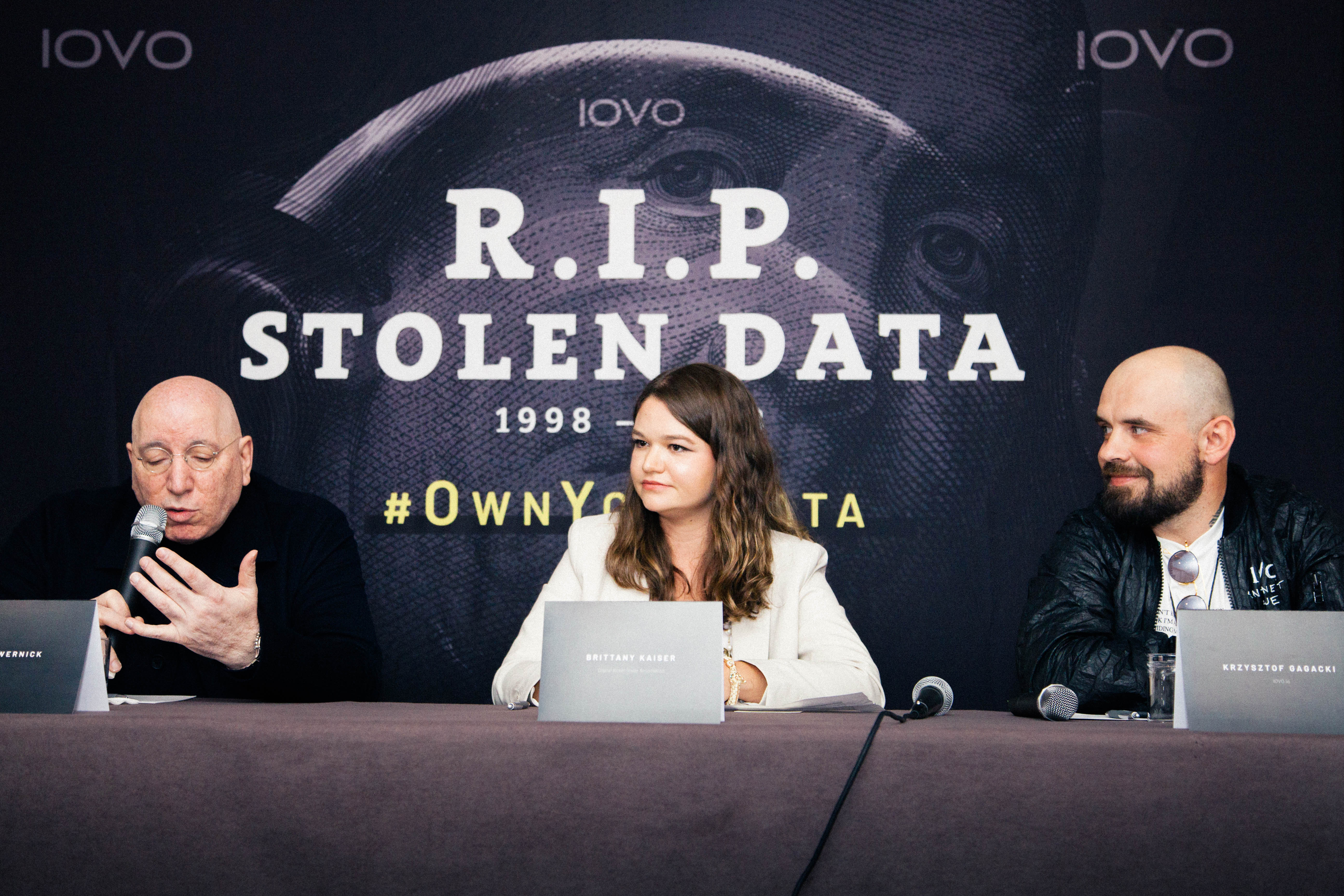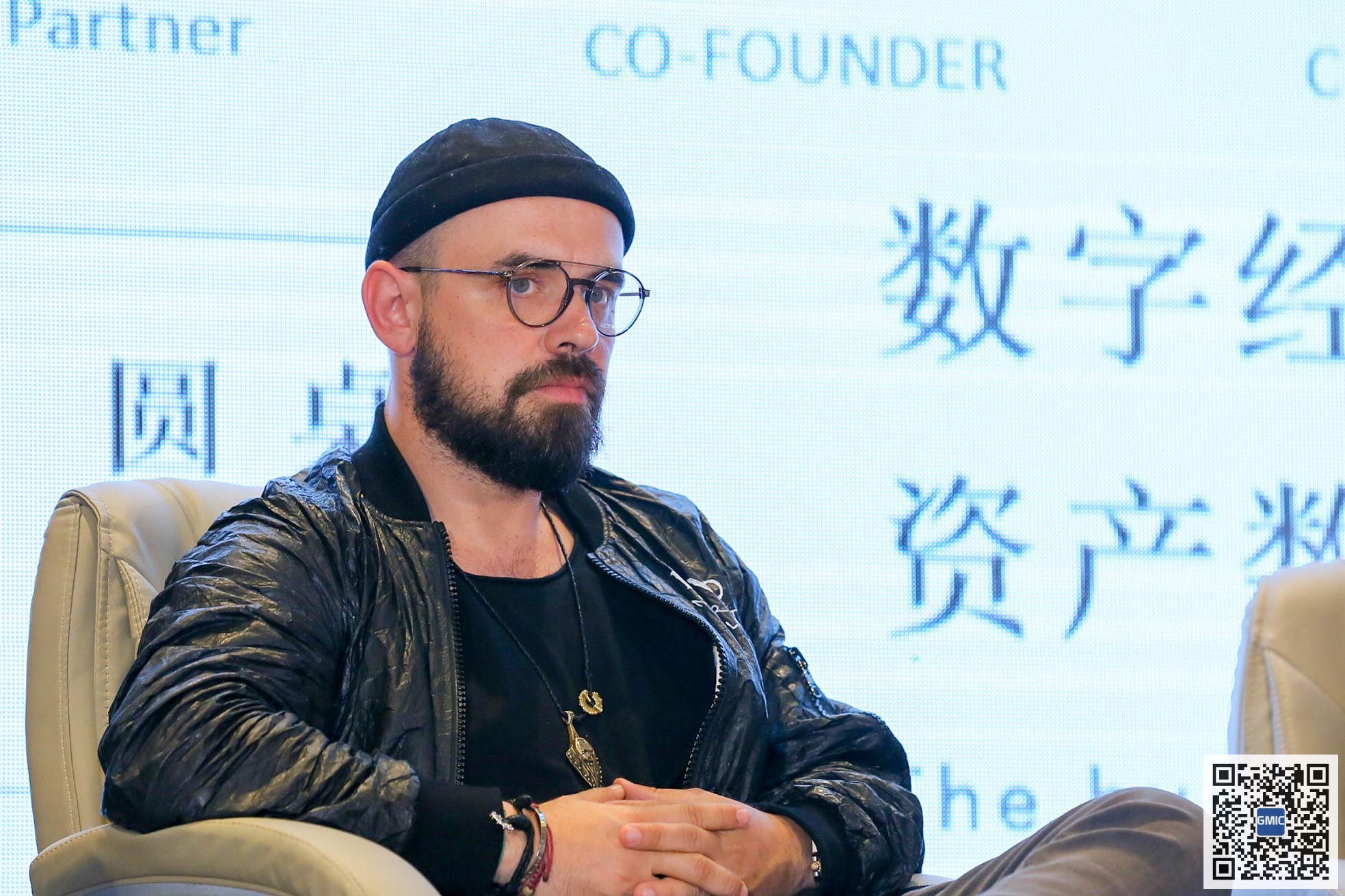Facebook crisis sheds light on corrupt practices, but worry not – the fix is around the corner
“Valuable stories of our lives become data and its value exceeds the amount of money necessary for UBI implementation. Sadly, it is now owned by diffe
We all understood that companies were feeding on our data. Millennials, who grew up playing Gameboy between classes, surfing for hours on the newborn web, and Generation Z, falling asleep with smartphones shining in their callow eyes. Deep inside we all knew what was going on, yet we failed to act. The cancer has spread but it’s not too late. In this dark hour the light of blockchain starts to shine, leading a path to an epic disruption.
Our privacy wasn’t taken captive overnight. It was gradual. Step by step we gave away our data to enjoy the wonders of the internet. Never reading licence agreements, we trusted these ‘legitimate’ brands, offering us so much for so little in return. What seemed to be a good bargain turned out to be a calamity. To understand why, we need to look at the big picture. Our economy, undergoing a digital transformation, is being fuelled by data. Generating revenue by financial exploitation is becoming a common practice among corporations. Passing the threshold of a new economic order once again, we, the people, are being abused by the few in power. In this data-driven world, where digital information is like a currency, we stand naked and empty-handed, while enterprises harvest, sell and monetise our data. We have a value, and so do our personal files and traces. The sooner we realise this the better.
According to a Global Data Market Size report, spending on digital information about internet users, gathered by big data warehouses through cookie files and other tracking software, last year reached $8.8 billion in the US alone. Global data market size in 2017 exceeded $13.5 billion and is growing at a rate of 34.7 per cent year on year. As big as this may seem, it’s just the tip of the iceberg. Banks X-ray clients’ personal data with their scoring systems. Major retailers create behavioural profiles of their customers by using their shopping history, online activity and demographics. Our data is constantly being sold, transferred, processed and monetised without us knowing, let alone agreeing to these shady practices.
Behold the blockchain!
With the Cambridge Analytica scandal making front pages worldwide, it seems we’ve reached a critical mass. The current system is cracking and a change is about to take place. It’s no surprise that the solution has emerged from the blockchain community, which sees in distributed ledger what every parent sees in a newborn child – limitless potential. Technology famous for its cryptocurrency applicability is believed to be capable of much greater disruption. When it comes to data ownership and management, IOVO, the first decentralised human value network, brings to the table what companies like Facebook, which built their business models around exploiting digital information, may fear the most, yet what ordinary folk long for. It promises to restore data ownership back to the people using DAG (directed acyclic graph), which represents the next generation of blockchain. As if that weren’t enough, IOVO paints a picture of a future in which we – not some billion-dollar firm – will use our digital information as we wish. ‘In the digital economy, data is a new type of currency. Each individual generates a fair share of such records, yet in the system that’s currently in motion, only a handful of companies are leveraging them to make a profit,’ says Krzysztof Gagacki, founder of IOVO. ‘We need to turn this around so that our data monetised via all of the available platforms could ensure a universal basic income, allowing people to at least feed themselves and their families. There is no better solution for tackling poverty and social inequality.’
The name of Gagacki’s project stands for the Internet of Value Omniledger. It’s an infrastructure capable of running decentralised apps that allow individual users and businesses to store their data in digital wallets. Users are paid when they permit access to their data. Each person decides how much of their information is made accessible to other parties while keeping complete control over it. What sounds even better is that each browsing action and each query requires payment. In other words, the cash will keep flowing. ‘Valuable stories of our lives become data and its value exceeds the amount of money necessary for UBI implementation. Sadly, it’s now owned by different corporations, taking away what’s rightfully ours,’ claims Gagacki, who sees an alternative in a universal, secure and decentralised record exchange system. His vision hasn’t gone unnoticed. It’s spread throughout the blockchain community at several industry events, picking up many followers. Brittany Kaiser, a former Cambridge Analytica business development director, has officially joined IOVO as an executive adviser and this week will be attending Blockchain Week with Gagacki in New York City.
Only a few years ago, IOVO’s mission would’ve been dismissed as a blue-sky utopia. The world wasn’t ready for a shift in data ownership, having little social awareness in this field. Thanks to whistle-blowers like Cambridge Analytica’s Christopher Wylie, we’re now more alert. With blockchain’s ability to take down the middlemen, we might now be heading for a genuine revolution.
Press release distributed by Pressat on behalf of IOVO, on Tuesday 15 May, 2018. For more information subscribe and follow https://pressat.co.uk/
Iovo Blochain Facebook Crypto Cambridge Kaiser Gagacki Business & Finance Consumer Technology Crypto Currency Men's Interest Public Sector & Legal
You just read:
Facebook crisis sheds light on corrupt practices, but worry not – the fix is around the corner
News from this source:




